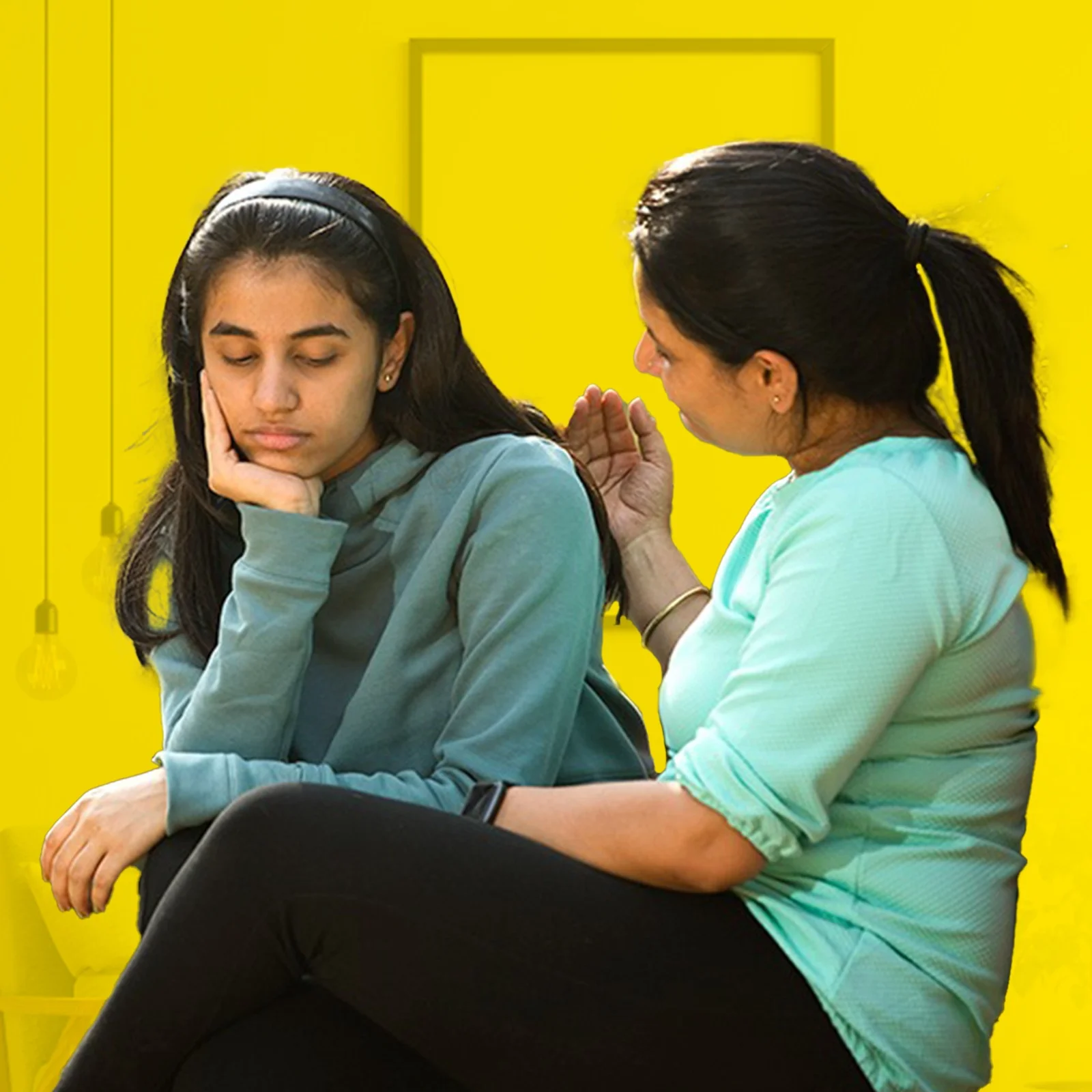Migraine Treatment
Ensuring a smoother life by managing Migraine triggers
Migraine Treatment Centre

Symptoms of Migraine
Prodrome
You may detect little alterations one or two days before a migraine that indicate an impending migraine, such as:
- Constipation
- Mood Swings
- Neck discomfort
- More frequent urination
- Yawning
Aura
Auras can happen before or during migraines for certain people. Auras are nervous system symptoms that cannot be reversed. The majority of them are visual, but they can also involve other disruptions. Each symptom often starts off mildly, intensifies over a few minutes, and lasts for up to 60 minutes.
Auras associated with migraines include:
- Visual phenomena like the perception of different forms, bright spots, or light bursts.
- Loss of vision.
- Needles and threads feelings in the arm or leg.
- Weakness or numbness on one side of the body, the face, or both.
- Speaking becomes challenging.
Attack
- Pain frequently on both sides of your head but typically on one side.
- A throbbing or pulsing pain.
- Sensitivity to scent, touch, and occasionally light and sound
- Nausea and Diarrhea
Post-drome
Post-migraine one may feel drowsiness, confusion, and fatigue for up to a day. Some people claim to feel happy. A sudden head movement might momentarily reactivate the discomfort.
Migraine Treatment
The neurologists at NHS Neuro Care suggest that to prevent the attack, you can also do the following actions to feel better:
- Sit quietly and sleep
- Applying an ice pack or cool towel to your forehead
- Consuming Fluids
- Ensuring regular sleep cycles and enough sleep
- Eating at regular intervals
- Keep a list of the things that tend to trigger migraines. You can find out what to stay away from, such as specific foods and medications. It also aids in helping you decide what to do, such as creating a regular sleeping routine and eating regular meals.
- Losing weight might be beneficial if you have obesity
- You might need to use medications to stop subsequent attacks if you get frequent or severe migraines. The best medication for you should be discussed with your doctor.
Treatments
Social links
Contact us
NHS Hospital, Near Sports College, 300m From Kapurthala Chowk, Jalandhar, Punjab, India. Pin code : 144008
neurocare@nhshospital.in
+91 9888173033
0181 4633333
